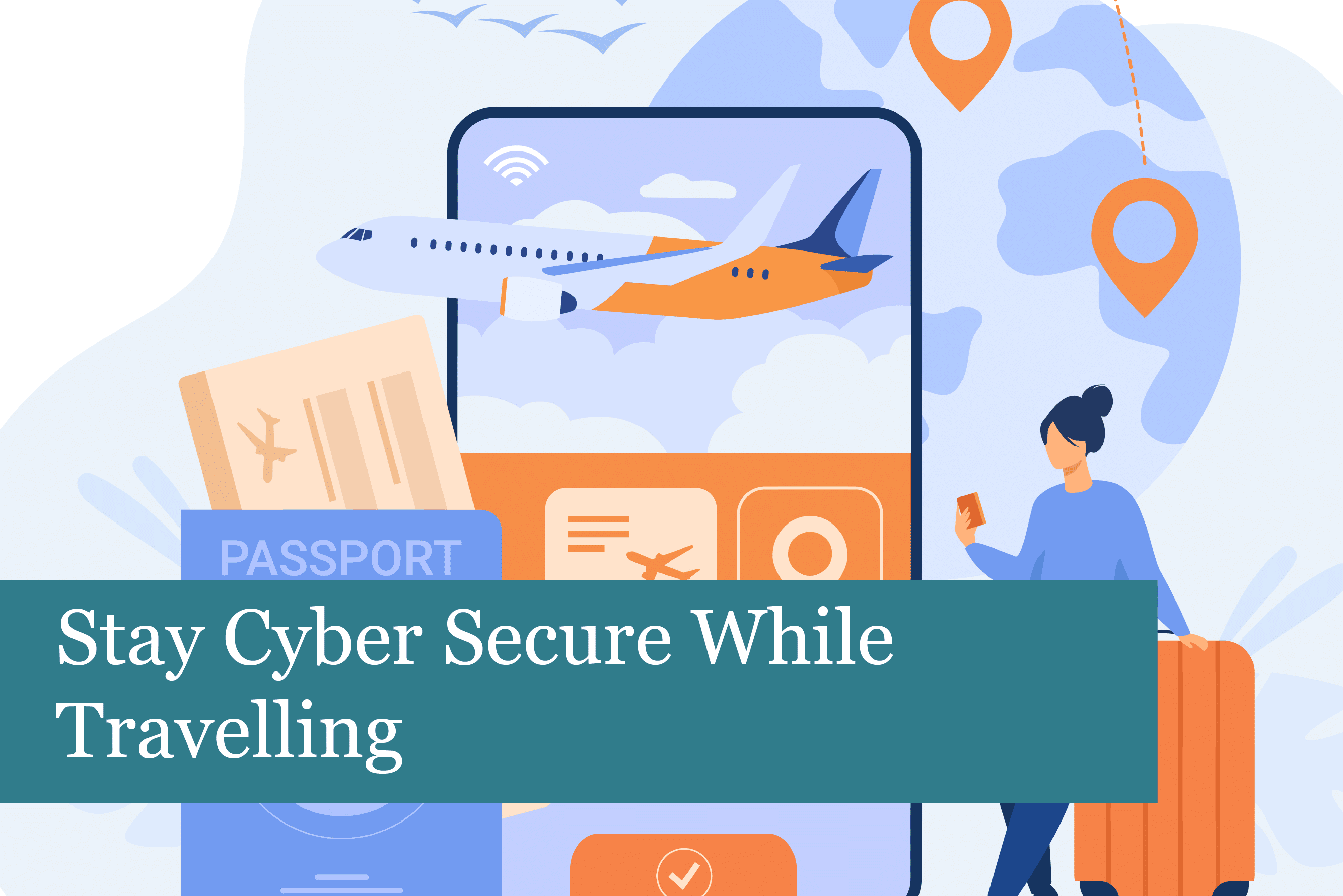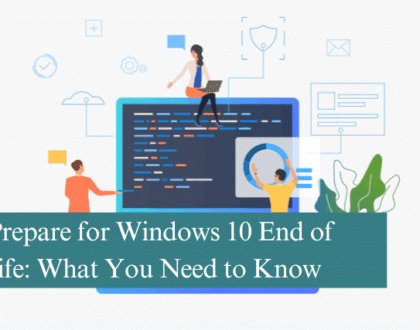
Navigating the intricate terrain of contemporary business travel demands not just awareness but a strategic approach to safeguard your company’s data privacy and the security of your employees. Let’s delve deeper into each crucial precaution to fortify your business and ensure the safety of your travellers:
Embrace the Shield of VPNs
Virtual Private Networks (VPNs) serve as an indispensable tool in fortifying your defences against potential data theft. The ubiquity of public Wi-Fi networks presents a landscape akin to navigating a dimly lit street, where unseen dangers may lurk. By consistently utilising VPNs, you encrypt your data, creating a robust barrier that thwarts unauthorised access, irrespective of the legitimacy of the network.
Vigilance in Wi-Fi Connections
When connecting to public Wi-Fi, it’s imperative to adopt a vigilant stance. Scrutinise for multiple similar network names, as this redundancy may indicate an attempt to impersonate a legitimate Wi-Fi network. Seeking assistance to confirm a secure connection becomes paramount in instances of uncertainty, ensuring that your data remains shielded from potential cyber threats.
Preemptive App Downloads
Proactive measures are key in warding off cyber threats during business travel. Downloading hospitality apps before embarking on your journey is a preemptive strike against potential fraud. The cautionary tale lies in fraudulent QR codes masquerading as legitimate apps—a ruse deployed by cybercriminals to surreptitiously pilfer sensitive data. By arming yourself with authentic apps, you fortify your digital perimeter.
Bluetooth and NFC Caution
Cybercriminals often exploit Bluetooth connections as a gateway for unauthorised access. The prudent step of turning off Bluetooth when not in use serves as a tactical manoeuvre to mitigate this potential risk. Additionally, exercising caution with Near Field Communication (NFC) or tap-to-pay features becomes imperative, as compromised devices could inadvertently open avenues for attackers to exploit.
Verify Web Security
The shift from blind trust in websites with “https” necessitates a more discerning approach to web security. Scrutinising and verifying the web address before any interaction becomes a standard practice. Refraining from clicking on links in emails and opting for direct navigation to online banking websites adds an extra layer of security, thwarting potential phishing attempts with a proactive mindset.
Guard Your Contact Information
Discernment in providing personal information, particularly your phone number for reservations, becomes paramount during business travel. Applying the same caution as exercised on your computer or phone—avoiding clicks on links that could expose your device to spam text messages—becomes a rule of thumb. By maintaining a guarded approach to your contact information, you fortify your defence against unwanted digital intrusions.
Credit Card Prudence
Opting for credit cards over debit cards during your travels extends beyond mere financial preferences. In the unfortunate event of an account compromise, the process of reconciling fraud is considerably more manageable with a credit card. Exercise heightened caution at ATMs, favouring those located within banks, as this strategic choice adds an extra layer of security to your financial transactions.
By expanding and embracing each of these measures within your business travel routine, you not only fortify your defences against cyber threats but also cultivate a culture of heightened awareness, ensuring a safer and more secure experience for your employees and the sensitive data integral to your company’s operations.
Q1: Why is using a VPN crucial when connecting to public Wi-Fi during business travel?
A1: VPNs encrypt your data, providing a secure tunnel for information transmission. In the context of public Wi-Fi, which is akin to a dimly lit street with potential lurking dangers, a VPN acts as a shield against data theft, regardless of the network’s legitimacy.
Q2: How can I identify potential Wi-Fi security risks when on a business trip?
A2: Be vigilant for multiple similar Wi-Fi names, as this redundancy may indicate an attempt to impersonate a legitimate network. Seeking assistance to confirm a secure connection ensures protection against potential cyber threats in unfamiliar environments.
Q3: Why is it advisable to download hospitality apps before embarking on a business journey?
A3: Downloading hospitality apps beforehand is a proactive measure against cyber threats. It guards against the use of fraudulent QR codes posing as legitimate apps, a tactic employed by cybercriminals to pilfer sensitive data during business travel.
Q4: How does turning off Bluetooth and exercising caution with NFC enhance cybersecurity during travel?
A4: Cybercriminals often exploit Bluetooth connections for unauthorised access. Turning off Bluetooth when not in use mitigates this risk. Additionally, exercising caution with Near Field Communication (NFC) prevents compromised devices from becoming gateways for potential attackers.
Q5: Why should I verify web security beyond relying on “https” when accessing websites?
A5: The shift from blind trust in “https” emphasises the need for a discerning approach. Verifying the web address before interaction and refraining from clicking on links in emails add layers of security, thwarting potential phishing attempts and ensuring a safer online experience during business travel.
Recommended Posts

Prepare for Windows 10 End of Life: What You Need to Know
18th July 2025

5 Ways Cloud-Based IT Solutions Can Empower Your UK Business
12th July 2025

Are you making the most of your Microsoft 365 licensing?
4th July 2025
